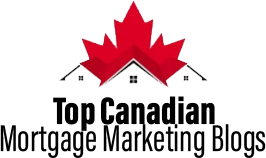Mortgage refinancing is an important decision for Canadian homeowners. To get the most out of refinancing, it’s important to understand the different requirements for Canadian mortgage refinancing.
In order to be eligible for Canadian mortgage refinancing, borrowers must have a good credit score and be able to prove their income. Borrowers must also have a sufficient amount of equity in their home. Equity is the difference between the current value of the home and the amount owed on the mortgage.
Additionally, lenders will want to ensure that the borrower’s debt-to-income ratio is acceptable. This ratio is calculated by dividing the total amount of debt payments by the borrower’s total income. The lower the debt-to-income ratio, the more likely the borrower is to qualify for a better rate and terms.
It is also important for borrowers to consider the cost of refinancing. Refinancing costs can include appraisal fees, legal fees, title insurance fees, origination fees and the cost of setting up an escrow account. These costs can add up quickly, so it’s important to factor them into the overall cost of the refinancing.
Finally, borrowers should also consider the terms and conditions of the new loan. It’s important to make sure that the terms of the new loan are better than the original mortgage. This includes the interest rate, repayment terms, and any other fees associated with the loan.
Refinancing a mortgage can be a great way to save money and lower monthly payments. However, it’s important to understand the different requirements for Canadian mortgage refinancing in order to get the best deal. By understanding these requirements, borrowers can make an informed decision and get the most out of their refinancing.


